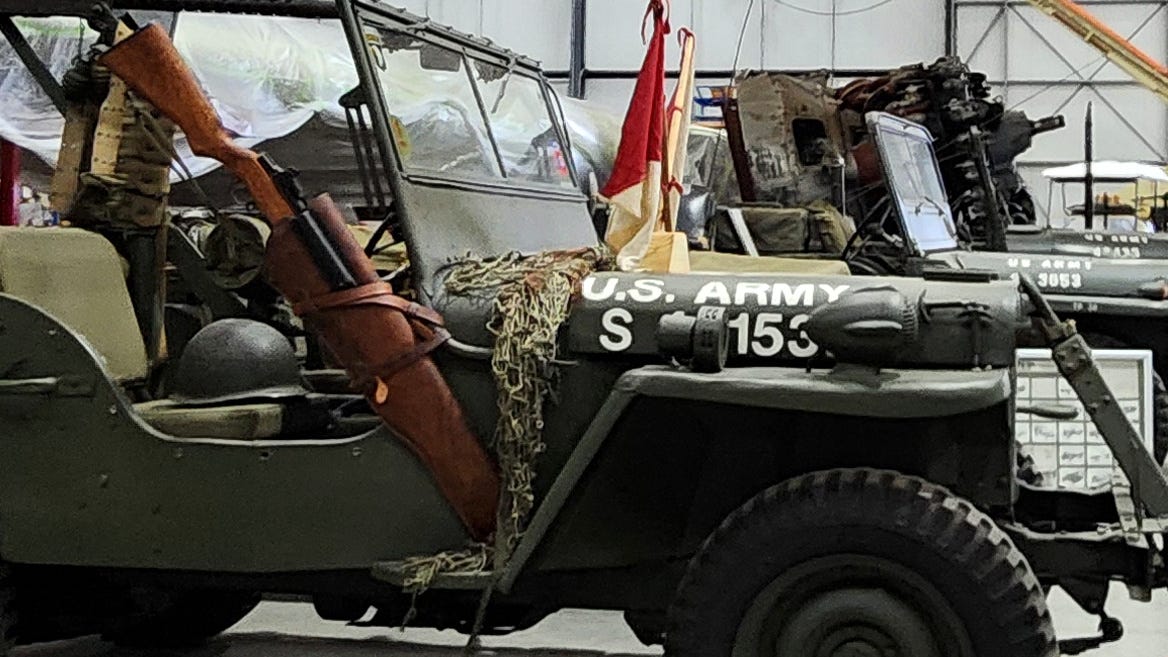Not-war is not the same as peace
On valedictory speeches, the meaning of peace, and why chronic conflict is likely to be here to stay for quite a while
President Joe Biden offered something of a valedictory address to the American public, explaining his extra-ordinary decision to voluntarily step aside from seeking re-election. The wisdom of that decision, and in not making it much sooner, will remain for history to ultimately judge.
■ In his speech, the President claimed that "I'm the first President of this century to report to the American people that the United States is not at war anywhere in the world." If measured by the strict standard of being engaged in a declared state of war, the claim is true. But words matter, and they matter in no small degree when they are used to obfuscate reality.
■ Someone, probably with state backing, has been assaulting the computer networks of utility systems on American soil. Ships of the US Navy are shooting down missiles in the Red Sea and attempting to provide cover for cargo vessels in a hot zone. Russian and Chinese aircraft have just conducted what appears to be a joint maneuver perilously close to Alaskan arspace.
■ In the strictest of terms, we are not "at war". But for the short-term and intermediate-term future, at least, we should expect to remain engaged in a lot of conflicts that may fall short of the definition of war. But they're definitely not peace, either, and we need to resolve not to use language to obscure the facts.
■ We would deal differently with peace, if we could have it, but others seem bent on keeping us from enjoying that. Their determination to cause trouble will have to be matched by our resolution not to lie to ourselves about the condition of reality.



